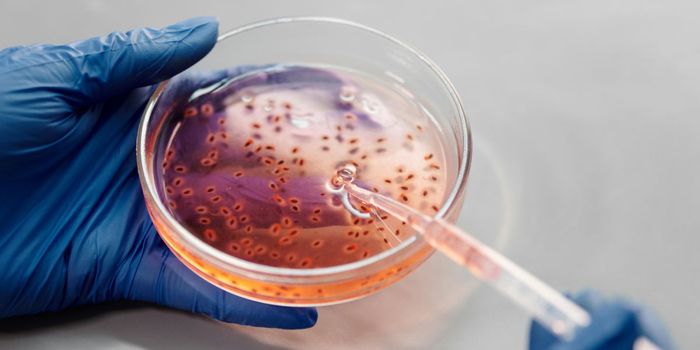FDA approval of novel schizophrenia drug
The recent FDA approval of KarXT (Cobenfy), developed by Karuna Therapeutics (a subsidiary of Bristol Myers Squibb), marks a pivotal moment in the treatment of schizophrenia. KarXT, an oral dual M1/M4 muscarinic acetylcholine receptor (mAChR) agonist, introduces the first novel mechanism of action in over 70 years for this psychiatric disorder.
Schizophrenia is a chronic mental disorder that affects both positive and negative aspects of cognition and behavior, including hallucinations, delusions, and social withdrawal. Traditionally, treatments have focused on dopamine D2 receptor antagonists, which have been the backbone of antipsychotic therapy. These drugs, while effective in managing psychosis for many, are not universally beneficial and often lead to side effects such as weight gain, sedation, and motor impairment. In contrast, KarXT brings muscarinic agonists into play, targeting mAChRs, which are recognized for their role in schizophrenia.
Ken Kramer from Karuna Therapeutics emphasized the significance of this new option for patients. "People living with schizophrenia have all been essentially treated with a single class of medication for as long as they have been suffering from the disease. Now, here's a different option," he noted. This muscarinic-based approach offers a new therapeutic avenue for individuals who have not responded adequately to dopamine-targeted therapies or who are burdened by their side effects.
The FDA's approval of KarXT was based on the positive results from two pivotal phase 3 clinical trials, EMERGENT-2 and EMERGENT-3. (Read more about the EMERGENT-3 trial here.) Both trials evaluated KarXT in adults with schizophrenia experiencing acute psychotic episodes. Over the five-week treatment period, patients receiving KarXT showed approximately a 21-point reduction in the Positive and Negative Syndrome Scale (PANSS) score, a widely used measure of schizophrenia severity, which ranges from 30 to 210. By comparison, those on placebo experienced only a 12-point reduction.
One of the key advantages of KarXT is its relatively favorable safety profile, especially compared to traditional antipsychotics. Treatment-emergent adverse events (TEAEs) were similar between the KarXT and placebo groups, with the most common side effects being gastrointestinal-related, including nausea, dyspepsia, and vomiting, affecting 15-20% of patients. Importantly, these side effects did not lead to higher discontinuation rates compared to placebo.
KarXT’s approval validates the long-held belief that muscarinic receptors play a critical role in schizophrenia. The muscarinic approach has also attracted substantial industry investment, as seen with Bristol Myers Squibb's $14 billion acquisition of Karuna and AbbVie’s $8.7 billion investment in Cerevel and its phase 2 muscarinic competitor emraclidine. Analysts predict peak sales for KarXT could reach $6-10 billion, highlighting its commercial potential.
The FDA approval of KarXT represents a historic advancement in the treatment of schizophrenia, offering a new therapeutic mechanism for a disorder that has long relied on dopamine-targeted therapies.
Sources: The Lancet, Nature








